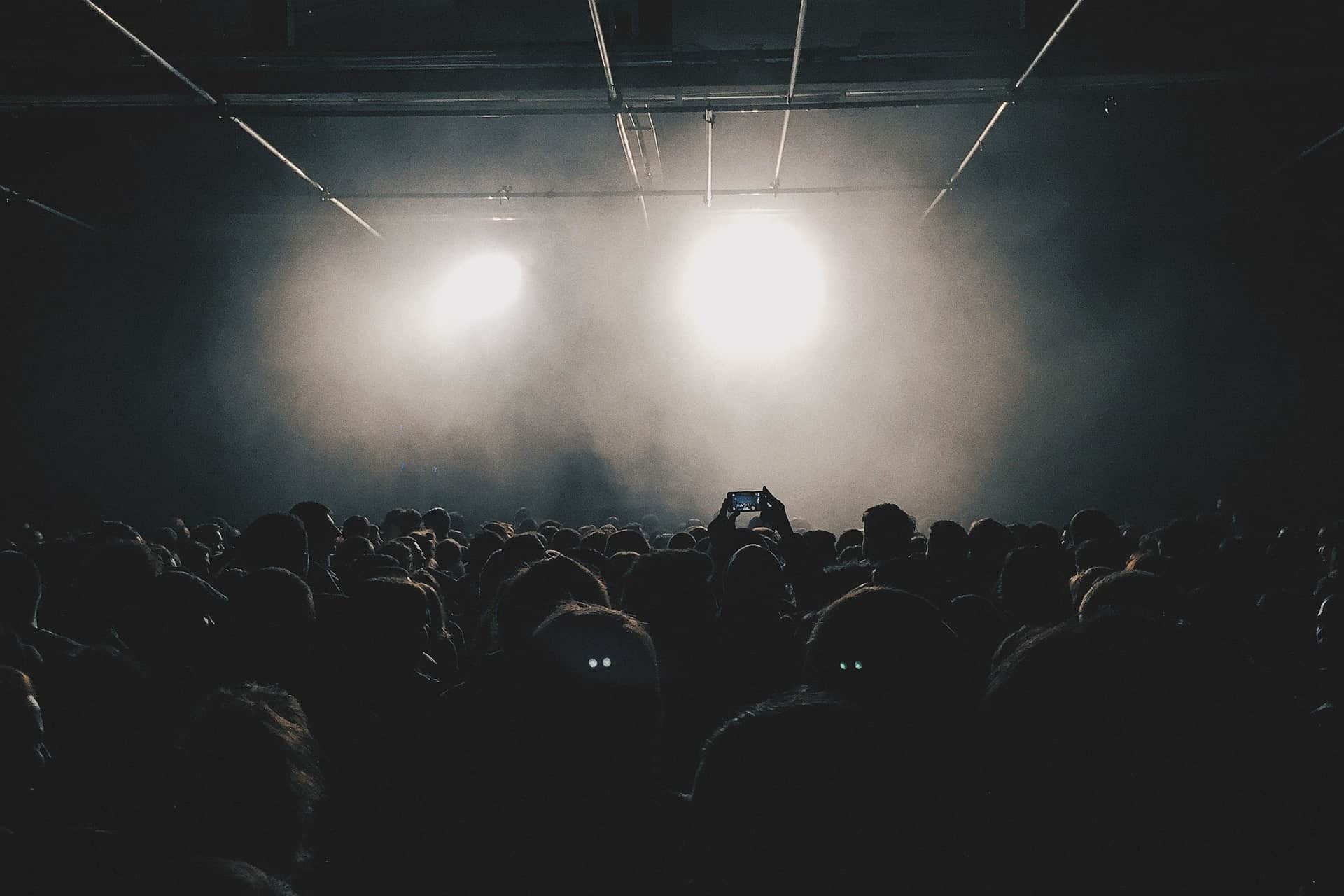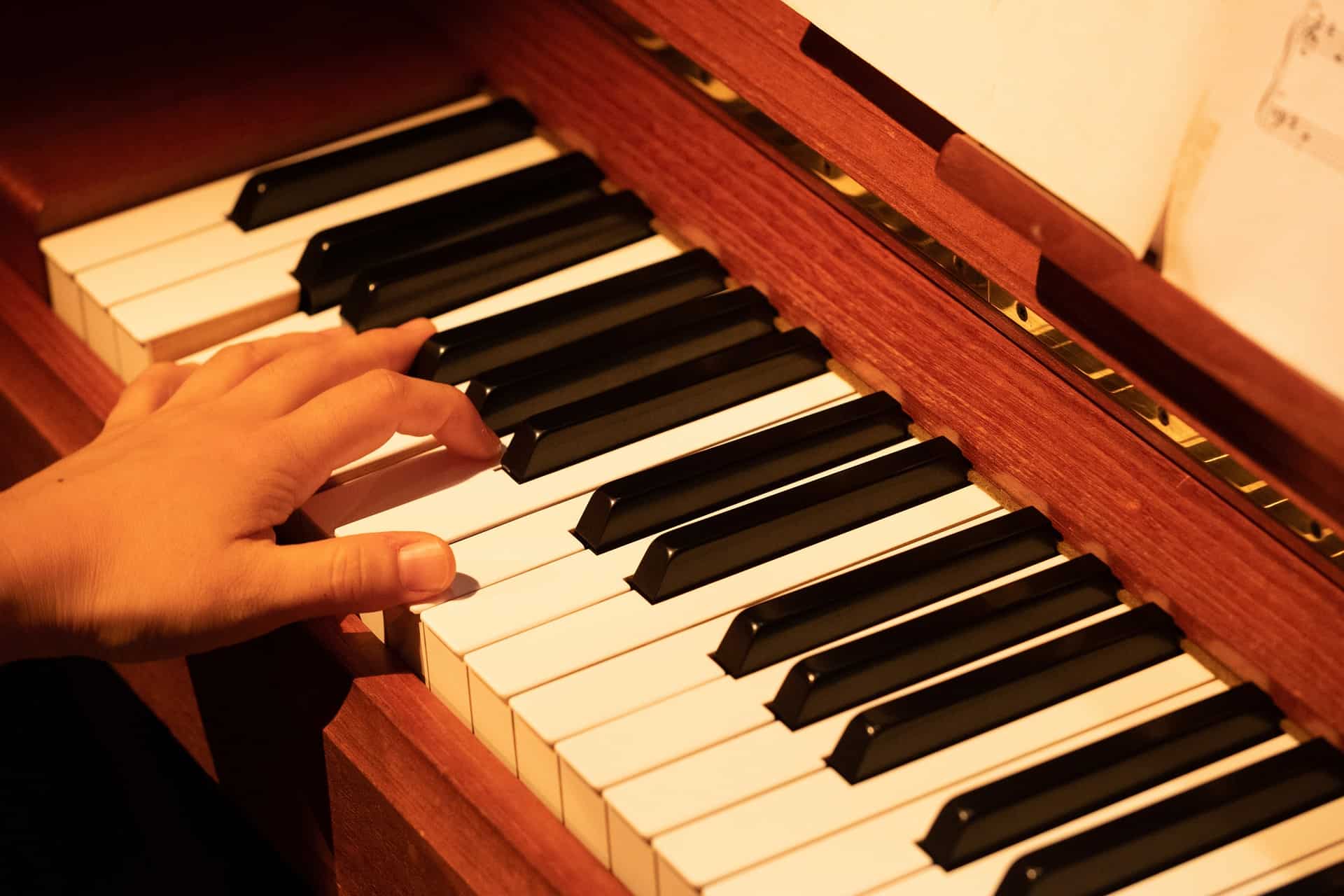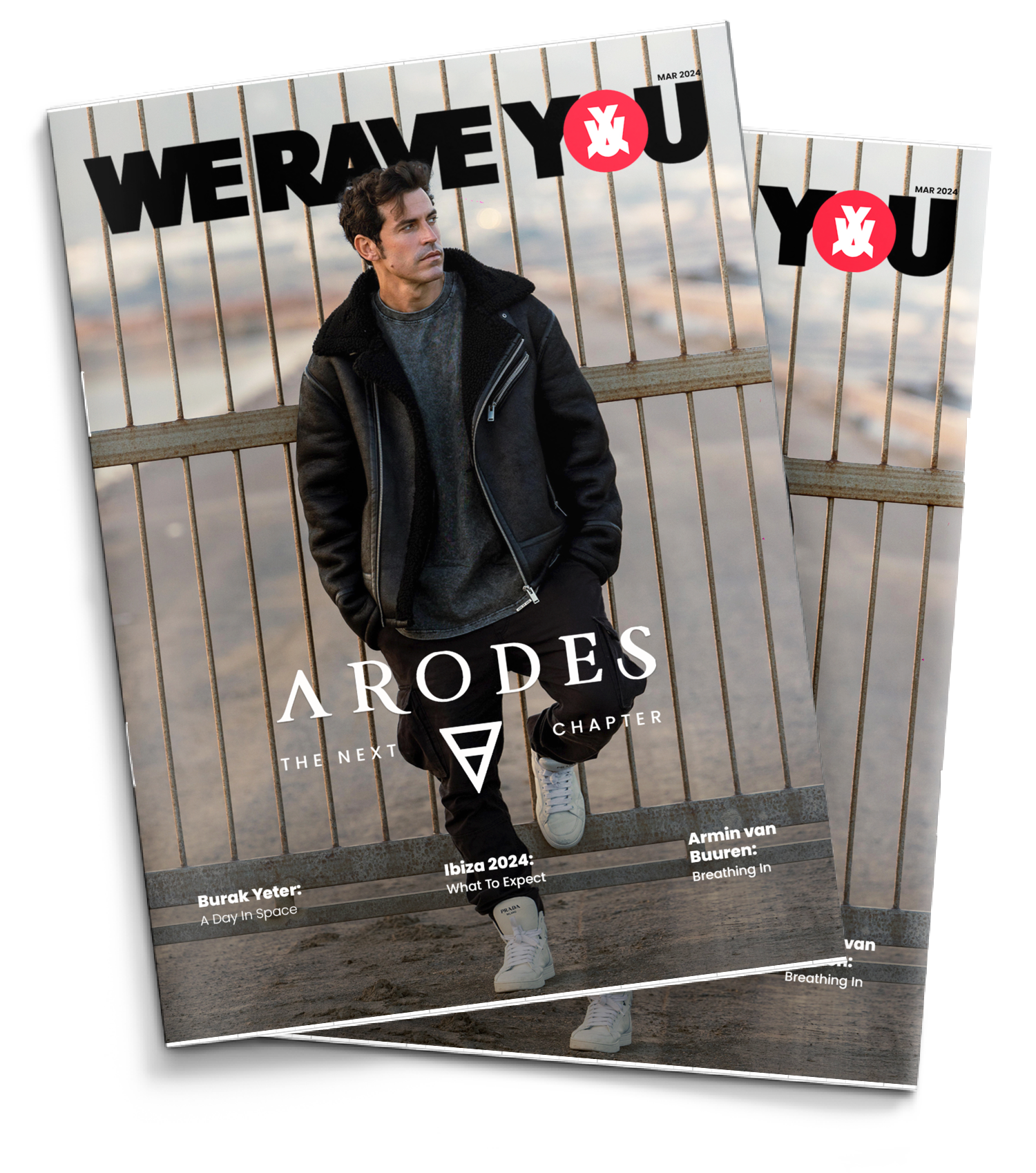

The ways electronic music can revolutionize school music classes
Some may say that the days of classical music and traditional methods of learning and teaching music are long gone. And some are convinced that studying music is merely a tribute to the past and is no longer relevant. But lots of music educators are not willing to put up with the decreasing popularity of music. They adopt modern techniques and depart from traditional classical-based curriculum to show their students that learning music still can be relevant in the Digital Age. What’s more, it can be fun and exciting, especially when electronic music is concerned.
Those of you who took music lessons may shudder when recalling those mind-numbing rehearsals during which you were blowing the trumpet or messing around with drums. Picky teachers, having to drudge through Mozart pieces, tedious drills, and old-fashioned exercises are something many people associate with practice room experience. This is the reason why many students choose to drop out of their music schools. Those students that enroll in Applied Music courses at college also end up disappointed with the lessons and teaching methods because as soon as they realize how classically based their curriculums actually are.
In an attempt to rekindle students’ interest in learning music, educators from both secondary and higher educational institutions set their sight on YouTube tutorials as effective methods of teaching music. What’s more, it becomes a common practice to use electronic music production hardware in music schools and colleges. Due to new approaches and techniques that are masterfully being adopted by such reputable establishments Vanderbilt University, Rice University, Berklee College of Music, the Alec Reed Academy, and others, students get the chance to enhance their skills without loads of boring music theory and frustrating drills.
The introduction of electronic music in traditional classrooms shows a lot of promise and is believed to be quite effective for boosting students’ interest in learning music. Most experienced music teachers note that students tend to learn music and master musical instruments more effectively when playing modern music, which is something they are actually listening to and enjoy. The social experiment that involved kids from disadvantaged families of Los Angeles showed that students that were taught electronic music proved to be more successful than their counterparts educated based on classical-based curriculum.

Many teachers recognize the benefits of the new approach, but simply don’t know where to start or lack wherewithal to put their ideas into practice. That’s where music technology professionals and electronic musicians come in and save the day. According to Melissa Parker, a technology teacher at the Alec Reed Academy, it was fascinating to see how students open up to music and even start to learn theory more eagerly upon her having introduced electronic music into the classroom. The teacher creates electronic music by herself and uses her own pieces in the lessons. Parker notes that the results are truly impressive. To reinforce them even more, she decided to apply for refurbished production hardware to let her students try their hand at composing electronic music. Shortly afterwards, the Alec Reed Academy received the coveted 15 units, which were put to good use right away. The ability to craft their own pieces of electronic music spurred students to learn more about song structure, reading and understanding the scale, and even learn instruments quicker.
Still much to Melissa’s disappointment, not all music teachers proved to be as progressive and eager to revolutionize the habitual approach to teaching music as she. The new stance still seems to be somewhat alien to those who used to stick with the traditional approach which implies studying music the classical way. Parker is convinced that there are so many great things students can do with equipment for electronic music production, but not all schools are ready to embark on the path towards modernizing school music classes. “I had to convince a lot of people from the school and the department to broaden the appeal of the syllabus,” Parker stresses.
Hopefully, in the near future, more music schools will acknowledge the indisputable benefits of electronic music and tailor their curricula to catch up with the modern music and educational trends.
Isabelle Foster is a professional journalist, essayist, and freelance writer. She works as a private tutor and educational consultant. Concurrently, she serves as an academic writer at PapersOwl, an online writing service. But teaching and writing are not the only Isabelle’s passions. She cannot live a day without reading and music. Isabelle masterfully plays the piano and violin and composes her own music when inspiration strikes.


- Arodes cover Interview
- Armin van Buuren: Breathing In [Exclusive Interview]
- Ibiza 2024: What To Expect
- Burak Yeter: A Day In Space [Exclusive]
